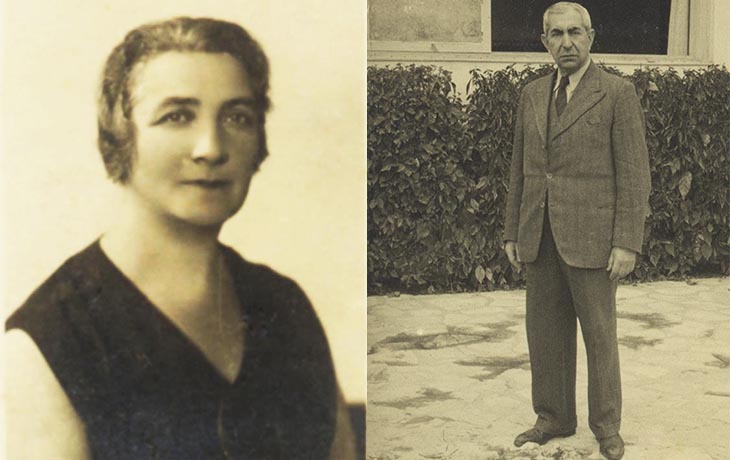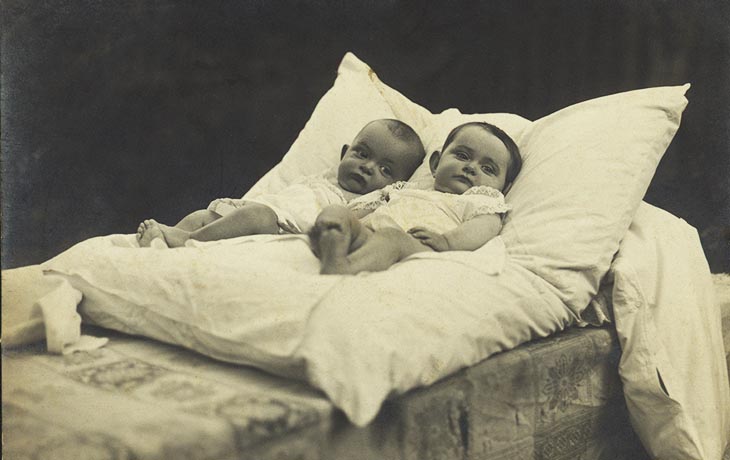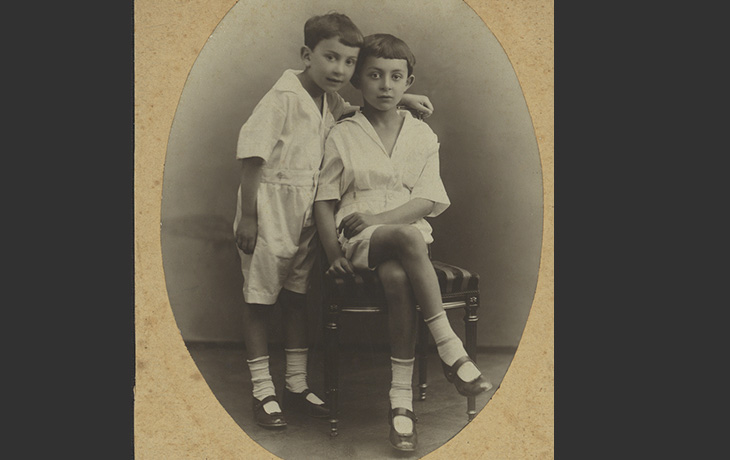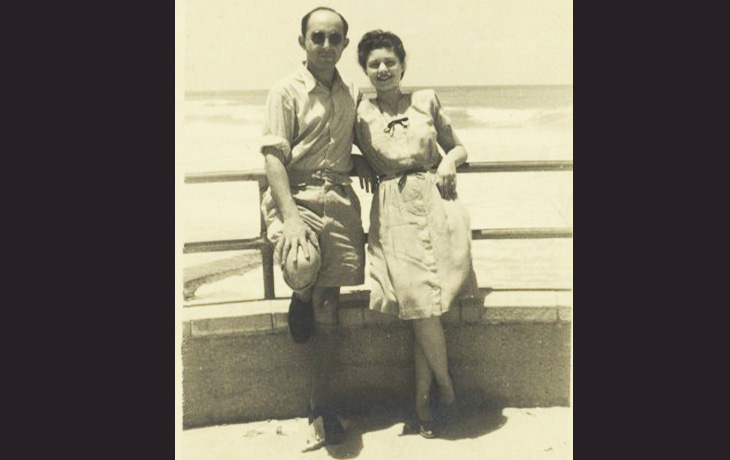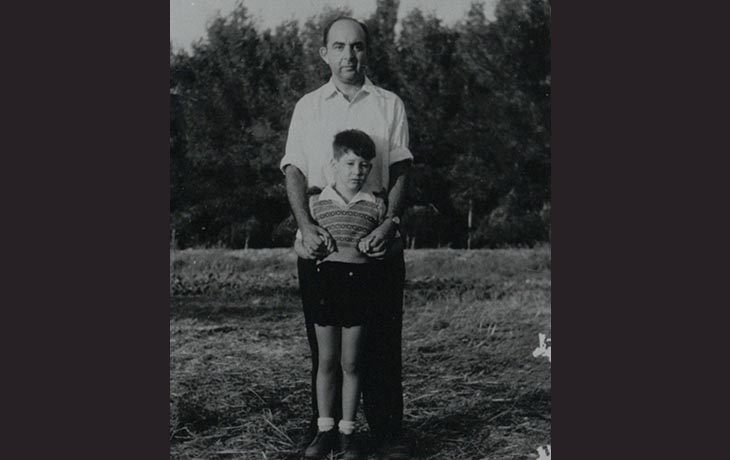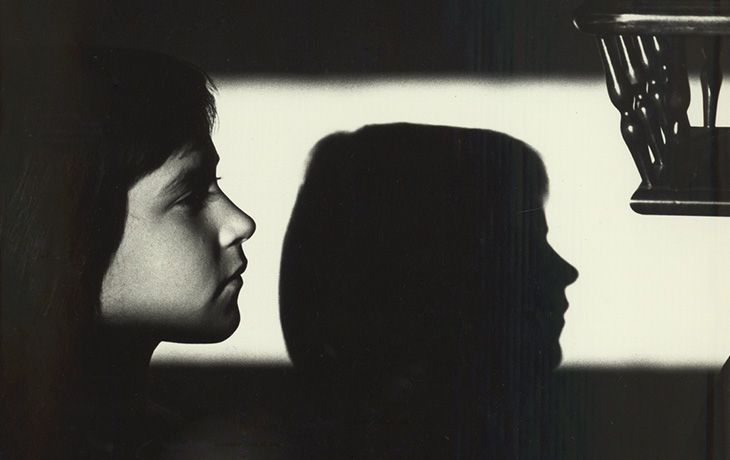From Moscow to Tel Aviv
The composer Alexander (Sasha) Abramovich, a central figure in the development of the Israeli song, was born in Moscow on October 26, 1914. His father was a dentist and his mother a pianist. Since his mother rehearsed at home – both with her colleagues from the Philarmonic Orchestra and with singers who required piano accompaniment – Argov was exposed to classical and vocal music from a very early age. He began to play the piano at age four and continued at the keyboard throughout childhood. However, Sasha received no formal training since his parents were not members of the working class, which at the time was a prerequisite for acceptance to the Moscow Conservatory.
In 1932, the Abramowitz family managed to leave Russia and traveled to Mandatory Palestine via Poland. At eighteen, Sasha was too old to be included in his family's entry permit and had to remain in Poland until 1934, when he received his own immigration permit. In 1945, Sasha met Niusia (Esther) Abeles and they married in Tel Aviv in 1946. Two years later, on the advice of his author friend Benjamin Tammuz, he changed his surname to Argov. Sasha and Niusia had two children, Itamar and Tali.


